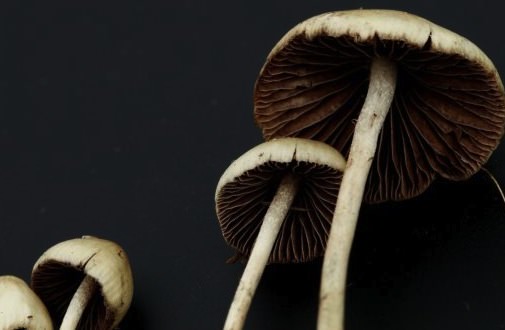Researchers studying the effects of magic mushrooms on the human mind have found the brain displays a similar pattern of activity during dreams as it does during a mind-expanding psychedelic drug trip.
An international group of scientists scanned the brains of 15 people before and after they received an injection of psilocybin, the hallucinogen found in the drug.
“What we have done in this research is begin to identify the biological basis of the reported mind expansion associated with psychedelic drugs,” said Dr Robin Carhart-Harris from department of medicine at Imperial College, London.
“I was fascinated to see similarities between the pattern of brain activity in a psychedelic state and the pattern of brain activity during dream sleep, especially as both involve the primitive areas of the brain linked to emotions and memory,” he noted.
People often describe taking psilocybin as producing a dreamlike state and our findings have, for the first time, provided a physical representation for the experience in the brain.
The study found that under psilocybin, activity in the more primitive brain network linked to emotional thinking became more pronounced, with several different areas in this network – such as the hippocampus and anterior cingulate cortex – active at the same time.
This pattern of activity is similar to the pattern observed in people who are dreaming.
Psychedelic drugs are unique among other psychoactive chemicals in that users often describe “expanded consciousness”, including enhanced associations, vivid imagination and dream-like states.
To explore the biological basis for this experience, researchers analysed brain imaging data from 15 volunteers who were given psilocybin intravenously while they lay in a functional magnetic resonance imaging (fMRI) scanner.
“Psychedelic drugs are powerful tools for exploring what happens in the brain when consciousness is profoundly altered. It really provides a window through which to study the doors of perception,” explained lead study author Dr Enzo Tagliazucchi from Goethe University, Germany.
Agencies/Canadajournal
 Canada Journal – News of the World Articles and videos to bring you the biggest Canadian news stories from across the country every day
Canada Journal – News of the World Articles and videos to bring you the biggest Canadian news stories from across the country every day



